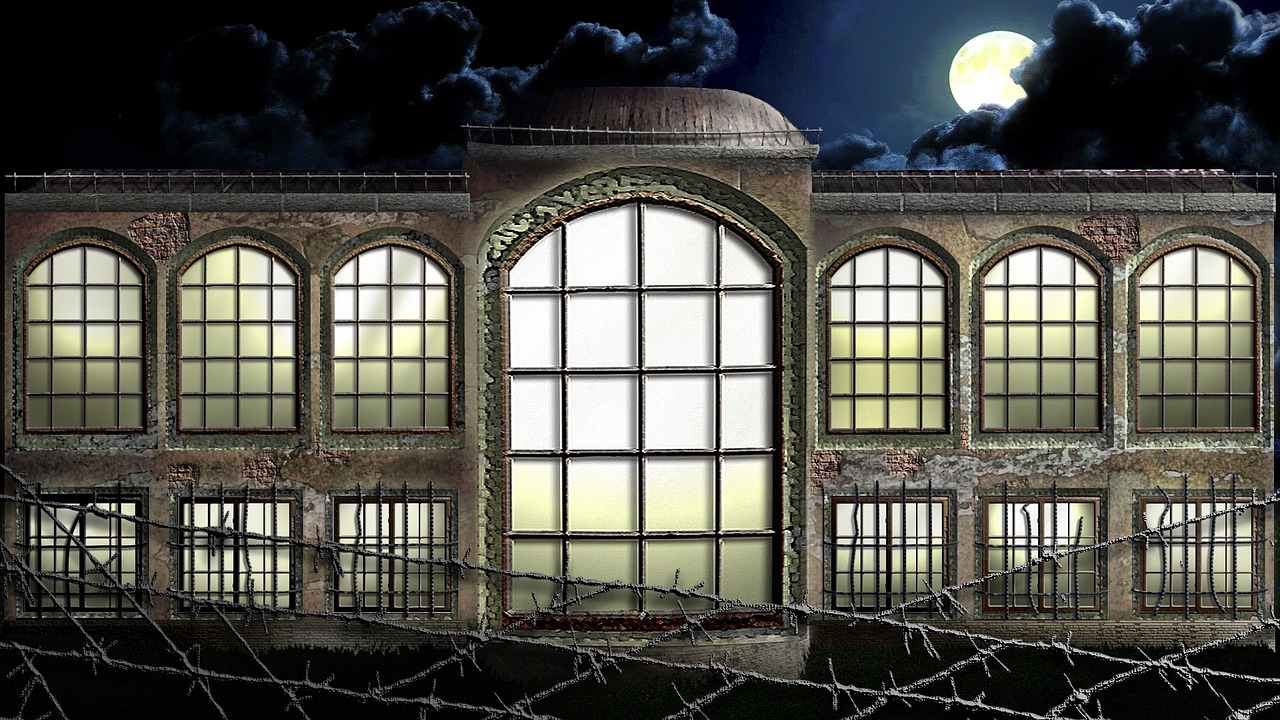‘Monkey Meat’ and Metaphor in Shohei Ooka’s Fires on the Plain
DOI:
https://doi.org/10.31273/eirj.v7i2.457Keywords:
wartime cannibalism, survival cannibalism, ritual cannibalism, Japanese imperialism, war crimes, ChristianityAbstract
In Fires on the Plain (1952) novelist Shohei Ooka critiques Japanese imperialism by depicting the collapse of the Japanese army in the Philippines during the final months of World War II. Structured as a post-war memoir written by a soldier named Private Tamura as a patient in a Tokyo mental hospital, the novel explores Tamura’s psychological breakdown in response to having succumbed to cannibalism in order to survive. A complex treatment of memory, guilt, and individual agency in times of war, Fires on the Plain also underscores the ways in which the cannibalistic act may function metaphorically as a commentary on matters related to sex, religion, militarism, and cultural imperialism, as well as revealing anxieties associated with the creation of a post-war narrative of national victimhood in Japan. While Ooka presents Tamura’s eating of human flesh as the culmination of his long descent into madness, the act also serves as a metaphor through which he explores the self-destructive nature of Japanese imperialism, as well as his own responsibility for his unwilling participation in it.
Downloads

Downloads
Published
Issue
Section
License
Authors who publish with this journal agree to the following terms:
Authors retain copyright and grant the journal right of first publication with the work simultaneously licensed under a Creative Commons Attribution License (CC-BY), which permits use and redistribution of the work provided that the original author and source are credited, a link to the license is included, and an indication of changes which were made. Third-party users may not apply legal terms or technological measures to the published article which legally restrict others from doing anything the license permits.
If accepted for publication authors’ work will be made open access and distributed under a Creative Commons Attribution (CC-BY) license unless previously agreed with Exchanges’ Editor-in-Chief prior to submission.
Authors are able to enter into separate, additional contractual arrangements for the non-exclusive distribution of the journal's published version of the work (e.g., post it to an institutional repository or publish it in a book), with an acknowledgement of its initial publication in this journal.
Authors are permitted and encouraged to post their work online (e.g., in institutional repositories or on their website) prior to and during the submission process, as it can lead to productive exchanges, as well as earlier and greater citation of published work. (see: The Effect of Open Access)
